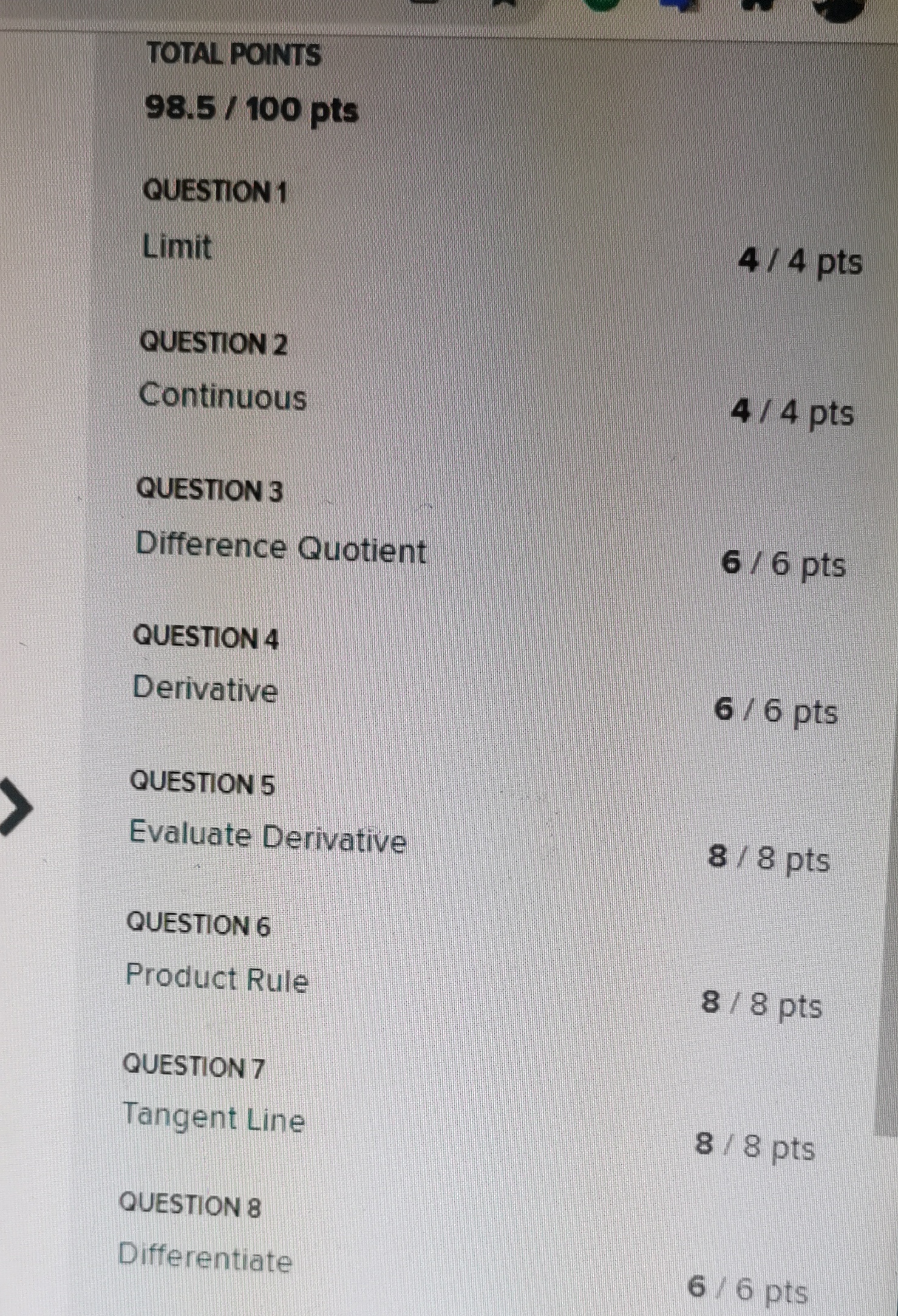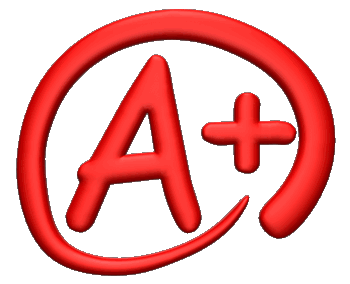Status: Live
Financial Accounting
Date Posted: 28/05/2018
Category: Other
Due Date: 28/05/2018
Willing to Pay: $150.00
Due Date: 28/05/2018
Willing to Pay: $150.00
Instruction
Welcome to Financial Accounting- ACCT 201! This course is 100% online that consist of all assignments being done submitted online via Canvas. I am glad you chose to enroll in this course and I am also excited to be the facilitator of learning. Accounting could be quite challenging but at the same time rewarding. Hence, you can apply the concept of this course in your personal life. My goal is to guide you through the learning process so that by the time you have completed this course, you will be able to apply the knowledge acquired for effective managerial decision making. While online learning provides flexibility as to when and how to study and complete assigned work, however we will follow weekly deadline. Please note that any work completed after the deadline will not receive any credit. Therefore, if you are experiencing any problem that will hinder you from successfully passing this course, please contact me immediately. I don’t want you to fail this course. You must log into Canvas everyday Monday through Thursday and put at least 10-15 hours per week in this course to be successful. You are expected to participate in discussion forums and Standard English is required for ALL discussions. And please be courteous and treat your classmates with utmost respect. Moreover, to be fully engaged in the course, you are required to log on to Canvas at least four times a week. Please feel free to ask questions and do not wait until the last minute to seek help. Again, welcome to Financial Accounting! COURSE DESCRIPTION: Financial Accounting establishes the rules and regulations for preparing accounting information used by internal and external sources to evaluate the financial health of an organization. This course will develop the student’s ability to interpret financial accounting information, to communicate this information, and to understand the accounting system that produces this information. Provides a conceptual approach to the understanding of financial accounting systems for business enterprises and the significance of accounting information as presented on financial statements. The course is designed for students to understand the most important conceptual and practical aspects of financial accounting information with emphasis on planning and decision making. An applicability of financial accounting concepts to a wide variety of economic entities along with cultural, ethical, and behavioral problems and their implications will also be discussed. COURSE OUTCOMES: Apply the accounting cycle to business transactions for communicating financial data o Interpret financial statements for informing business decisions o Obtain a understanding of the basic financial statements o Demonstrate the rules of debits and credits o Analyze the steps of the accounting cycle for their impact on the success of a business o Analyze how core accounting principles support responsible practices throughout the accounting cycle 1. PREREQUISITES: None 2. Textbook 4. Service Learning Project: This project will enable students to understand various job opportunities in the field of accounting. Students will develop a list of jobs in the field of accounting as of 2016, which will include positions, descriptions, and salaries. The best project will be displayed in the College of Business. 5. ASSURANCE OF LEARNING: KSAs (Knowledge, Skills, and Abilities) Must show a strong relation with Program and School AOL goals to each KSA. KSA will be covered in this course in the following areas Assurance of Learning will be assessed in the following manner K1: Students will consider the ethical and international dimension of accounting. Ethics and International Beyond the Numbers (BTN) Group Reports/Presentation K2: Students will have a clear understanding of the accounting cycle. Program, Knowledge/Critical Thinking Reading and Assignments Exam S1: Students will understand the rules of debits and credits Program, Knowledge/Critical Thinking Reading and Assignments Exam S2:Student will learn how to prepare and post journal entries to the general journal and ledger Program, Knowledge/Critical Thinking Reading and Assignments Exam S3: Students will apply the methods used by accountants to analyze business transactions and formulate appropriate responses. Critical Thinking Various Chapters and Homework Assignments Exam S4: Students will learn a clear understand of the basic financial statements Critical Thinking Various Chapters and Homework Assignments Exam A1: Students will use GAAP to report on the financial condition and results of operation for service and merchandising businesses Critical Thinking/Written Communication Written Assignments Individual Papers 6. PROGRAM AND COLLEGE AOL GOALS: College of Business Mission of the College of Business The mission of the College of Business is to prepare students, including those who have been adversely affected by educational, economic, and social deprivations, for business related careers and pursuit of advanced studies. The College seeks to assists students in intellectual development and in acquiring professional, communicative, and interpersonal skills through educational programs and activities. Accounting Mission Statement The mission statement of the Accounting program is to provide students with the foundation that will allow them to understand and utilize principles, policies, and theories that govern the field of accounting. Emphasis is on development of problem-solving skills, effective communication, and the knowledge and use of technology as it relates to the profession. The focus of the curriculum is to provide students with the background for careers in public, private, or governmental accounting as well as advanced study. 5. STUDENT OBJECTIVES: • Explain how business transactions can be stated in terms of the resulting changes in the basic elements of the accounting equation • Analyze and summarize the financial statement effects of transactions • Journalize entries for accounts requiring adjustment • Prepare a work sheet • Journalize entries for purchases and sale of merchandise • Prepare a bank reconciliation and journalize any necessary entries • Journalize entries for the allowance method of accounting for uncollectible, and estimate uncollectible receivables based on sales and on an analysis for receivables • Compute the cost of inventory using the following costing methods: FIFO; LIFO; and average cost • Compute depreciation using the following methods: straight-line method, units-of production method, and declining balance method • Prepare journal entries for short-term notes payables; journalize the entries for issuing stock 6. STUDENT PREPARATION: It is important to understand that taking an accounting course will be a challenge for you. You must not get behind! Read the chapter before coming to class and endeavor to complete all assigned homework problems before each class meeting. Please spend the time necessary for you to be successful. If you are having trouble with the material, talk to me immediately. It is almost impossible to pass if you wait until the night before an exam to get ready. I cannot over emphasize the importance reading the material before each class meeting. Prepare! Prepare!! Prepare!!! 7. UNIVERSITY ATTENDANCE POLICY FOR ALL STUDENTS: . 8. INSTRUCTOR TARDINESS POLICY: Tardiness is equivalent to an absence unless the instructor excuses it at the end of the class period. The student must take the initiative to seek an excused late entrance. 9. POLICIES: a) Student Code of Ethics/Conduct Students should be familiar with the Code of Ethics and Code of Conduct adopted b) Email - Students in the College of Business are required to utilize the e-mail account assigned to them by the University. It is the student’s responsibility to activate the account and keep it current. Your instructor will communicate with students via the GSU e-mail system. 10. ACADEMIC DISHONESTY From page 25 of the Student Handbook: The University functions best when its members treat one another with honesty, fairness, respect, and trust. Students should realize that deception for individual gain is an offense against the members of the entire community, and it is their responsibility to be informed of University regulations on Academic Dishonesty by reading the catalog. It is a duty of faculty members to take measure to preserve and transmit the values of the academic community in the learning environment that they create for their students and in their own academic pursuits. To this end, they are expected to instill in their students a respect for integrity and a desire to behave honestly. They are also expected to take measures to discourage student academic dishonesty, to adjust grades appropriately if academic dishonest is encountered and, when warranted, to recommend that additional administrative sanctions be considered. EXAMPLES OF ACADEMIC DISHONESTY 1. Cheating: possessing unauthorized sources of information during an examination; copying the work of another student or permitting copying by another student during an exam; completing an assignment such as an exam, paper, lab report, or computer program for another student; submitting material produced by someone else; submit
Attached
No File uploaded yet.
Tutor Uploads
No File uploaded yet.
Bidders
14
Average bid
$271.43











